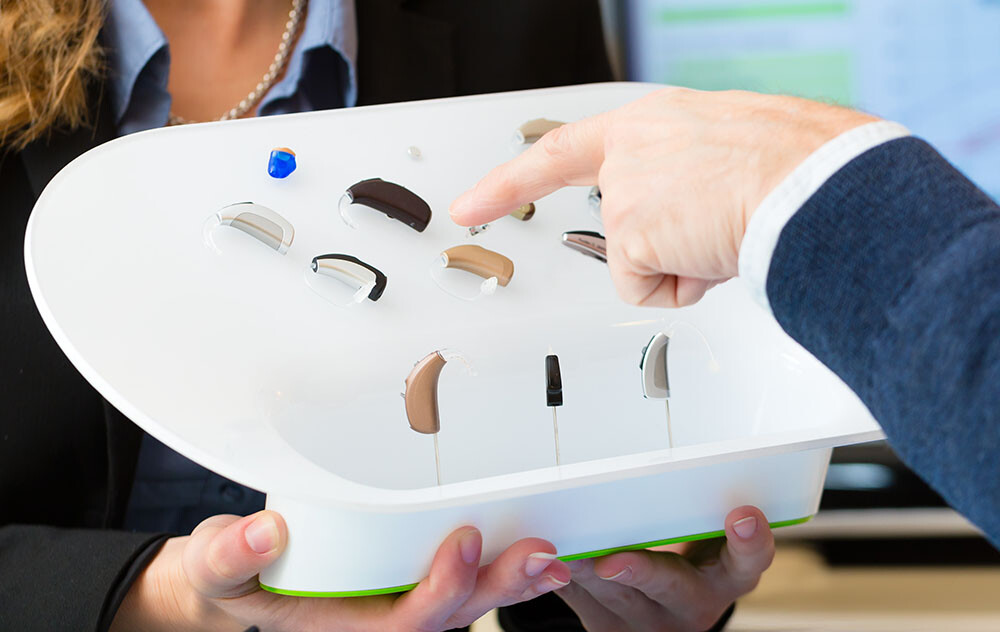Hearing aids can change the way you live with your hearing loss. You can be reintroduced to a world of sound and live life to your fullest, but many people have trouble choosing a hearing aid out of the many available on the market. An appointment with your audiologist can help you narrow down your options step-by-step, but there are a few tips that can get you thinking about what kind of priorities you should use when selecting a model. Our audiologist offers the top 3 hearing aid selection tips you need to know before buying a hearing aid. These important tips will help you.
Think about the kind of environments you spend your time in.
Your personal and professional life should play the biggest role when it comes to choosing the hearing aid best for you. If you can identify what you need to hear, how often, and what kind of long-term wear-and-tear your hearing aid needs to sustain, it can help choose the right piece for you. For instance, do you exercise often? Do you spend a lot of time listening to music? Do you spend time in cinemas or bars? Do you speak on the phone? Think about what you do for work, as well. There are hearing aids that can filter out levels of background noise if you work in a busy office environment, as well as those that can help improve your perception of high-pitched noises should you need to.
Is it comfortable?
All kinds of people with all kinds of ability need to make use of hearing aids. Some of them, like in-the-ear devices, require a high degree of manual dexterity to operate and configure, so they may not be right for those who are of an older age. Some may want to make use of the more advanced features that some devices offer, including remote-controlled sound programs, Bluetooth capabilities and more. However, others may find that these added bells and whistles get in the way of their understanding and use of the device. Make sure you are comfortable not only with how the hearing aid fits in relation to your ear but also whether you are comfortable using it independently.
Meet your “needs” first, then focus on “wants.”
There are certain needs that your hearing aid simply must meet if it’s to be considered a practical option. Your audiologist can help you narrow down your selection by looking at the type and degree of your hearing loss, sensitivity to certain sounds and the size and shape of your ear canal. If they are practical, however, patients may have concerns about aesthetics that can be addressed. Some people with certain kinds of hearing loss may not be able to use some of the more discreet options, like in-the-ear hearing aids. If it is better for your hearing, you may want to consider that a larger, more visible device could be the right option.
Visit your audiologist if you’re uncertain what kind of hearing aid best suits you. Finding the one that can offer the improvements, features, and the shape you desire is much easier when you’re with a specialist that can use their knowledge to work with your needs.


